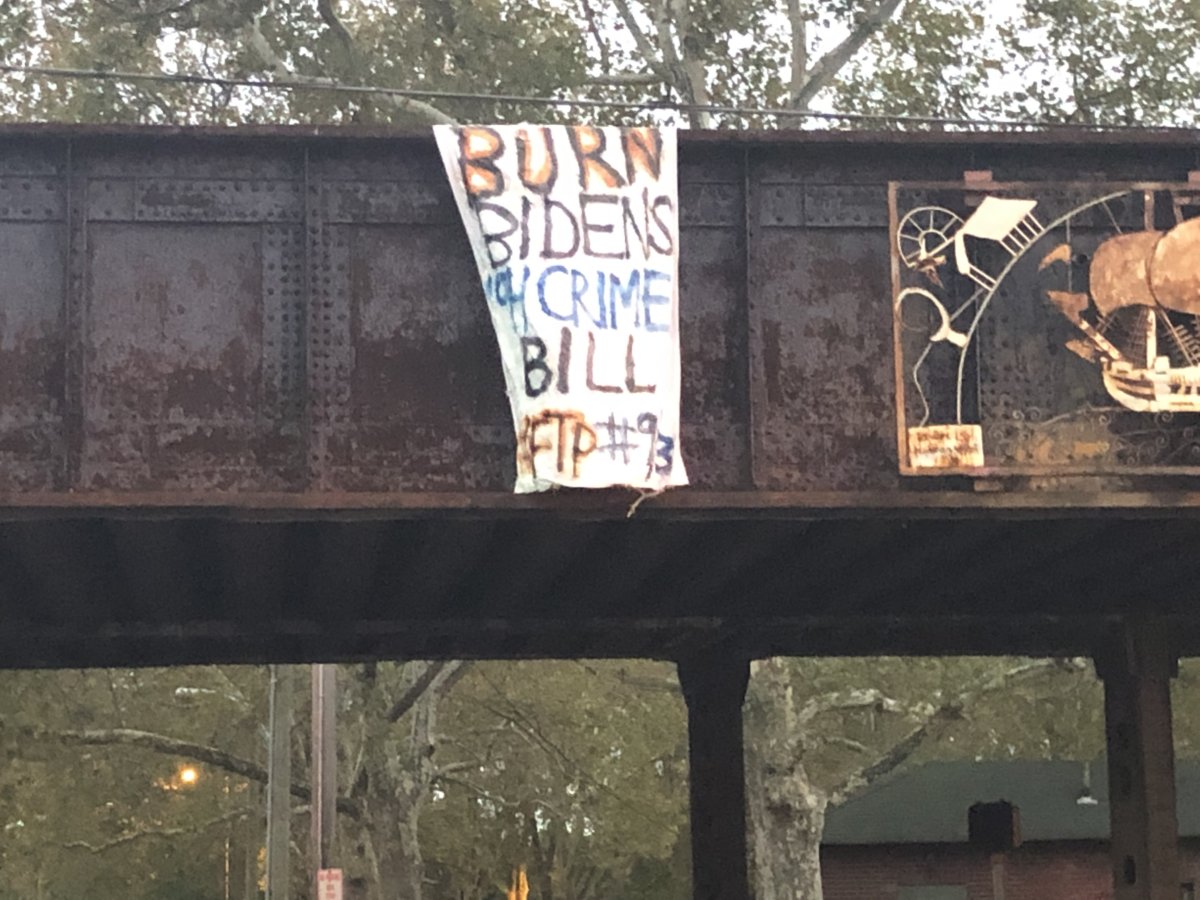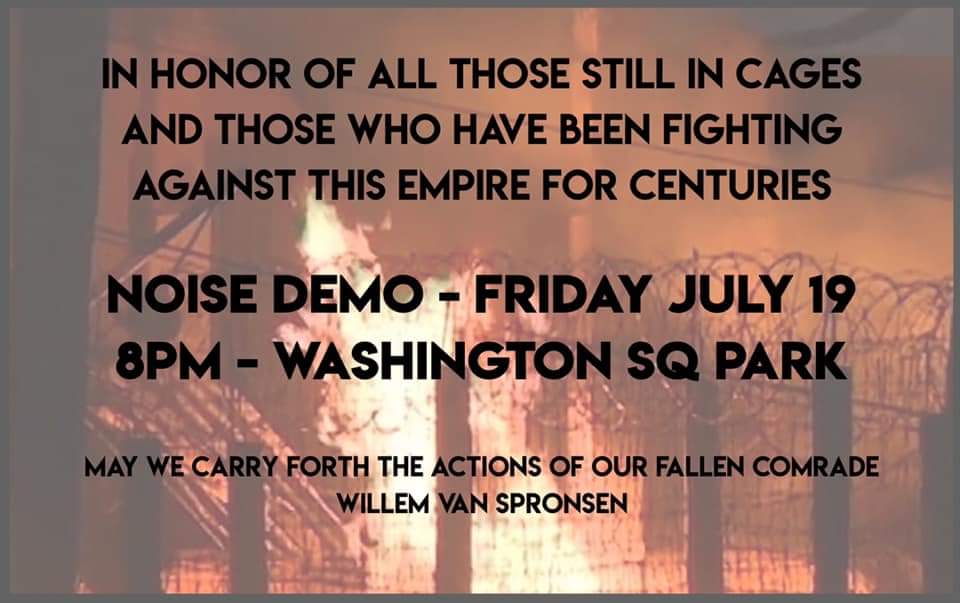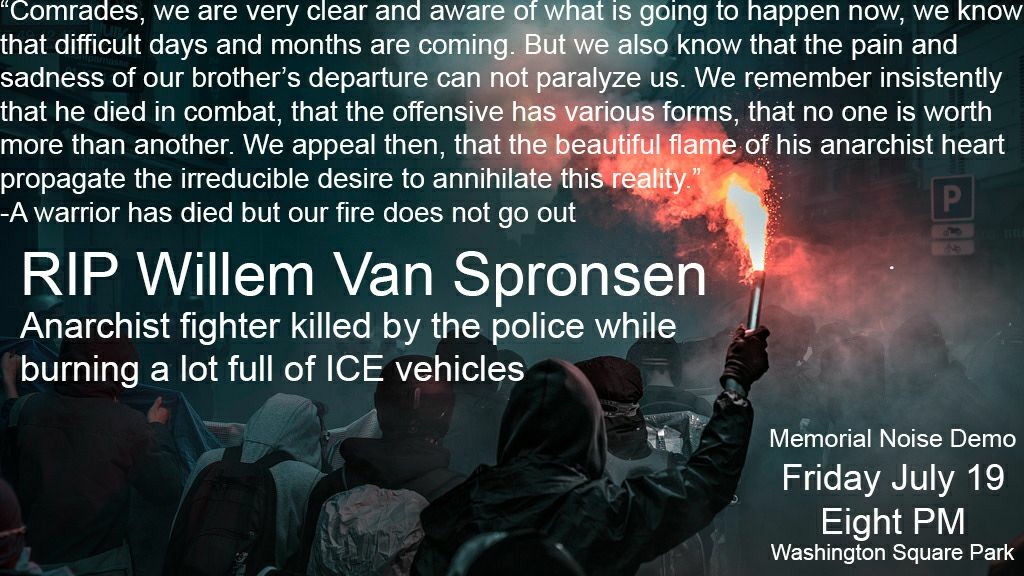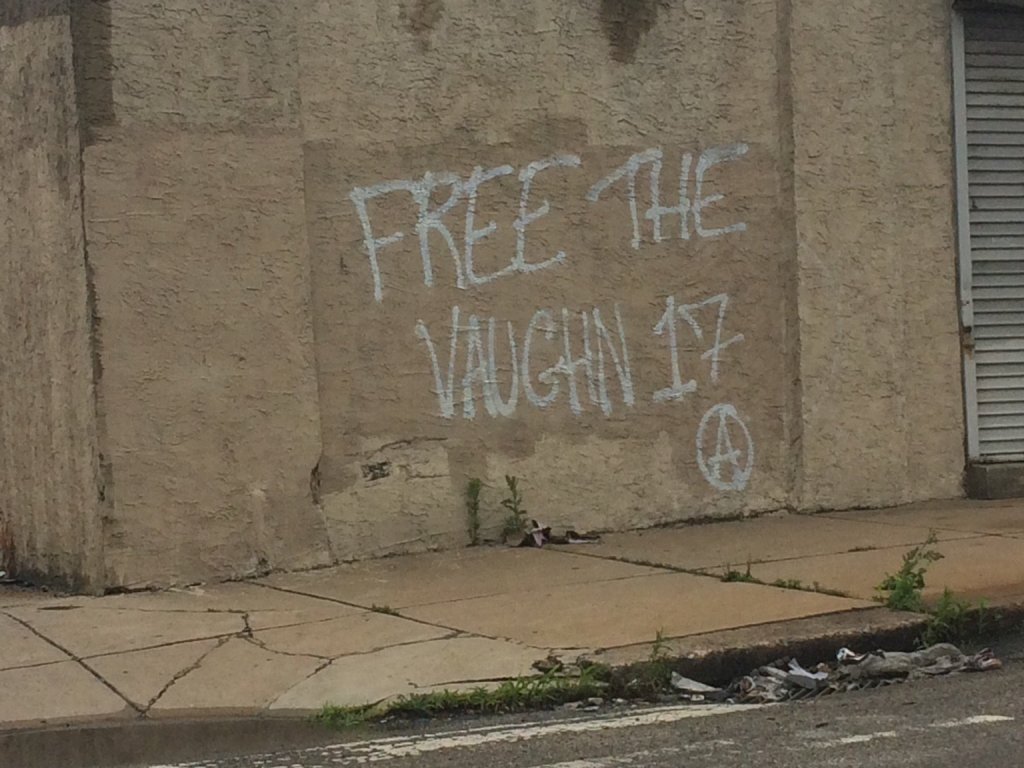from Mainstream Media
Issues of inmate misbehavior have escalated at George W. Hill Prison, with a “full-blown riot” taking place Monday afternoon during an air conditioner malfunction, according to one guard speaking on condition of anonymity.
“I’ve been there almost 20 years and it was the worst experience I’ve ever seen in my life working at Delaware County prison,” said another guard. “It was horrible. It was unsafe.”
“Two entire blocks refused to lock in,” said one guard. “One was able to lock in with verbal commands, the other refused with verbal commands.”
A guard said multiple staff members entered Block 7 – where at least two other violent incidents have occurred in the last month between inmates and guards – in an effort to show a willingness to use force if prisoners did not comply.
Inmates instead donned shoes and tore up bed sheets, wrapping them around their heads to protect themselves from pepper spray, according to the guard. When it became clear the inmates were prepared for a fight, the guard said staff was removed from the block and a Correctional Emergency Response Team – or CERT – was mobilized with pepper ball guns – essentially paintball guns in which the balls are filled with mace.
“We had to shoot multiple inmates,” he said. “A minimum of 26 inmates were shot with pepper balls.”
The guard said batons were also used to quell the inmates. Use of force lasted approximately 15 minutes before the block was brought under control, he said. All told, the standoff lasted about an hour.
A spokesperson for the Geo Group, the private, for-profit company managing the prison for the county, said the claims of the incident were exaggerated and “made by individuals with the intention of disrupting the safe operational flow of the facility.”
“Staff responded to a small group of disruptive inmates that were repeatedly non-compliant,” the spokesperson said. “All policies and procedures were implemented to maintain the safety for the staff and inmates until the issue was resolved.”
An interior report of the incident indicates the call came in at 3 p.m. Monday that two pods were refusing to lock in. Approximately 20 officers and sergeants responded. Guards explained there was some maintenance work ongoing on the roof and one of the pods was locked in without issue, according to the report.
The report says the second pod, consisting of 44 inmates, did not move when ordered and began displaying aggressive behavior, including “over talking the Sergeant and making comments of threats of fighting.”
The report indicates the last staff member out of the block dispersed MK-9 pepper spray to saturate the area, but further attempts to communicate with the inmates in the block were unsuccessful.
The report says there were still 26 inmates refusing to comply when the CERT team entered and used pepper balls in an effort to regain control. Guards ordered everyone to lie down on the ground but only half complied, according to the report.
“It just turned into an all-out war,” said one guard who accompanied the CERT team, coughing and gagging as he fought with inmates. “They were not going down without a fight. It was unbelievably scary … It was like something you see out of TV.”
The remaining 13 inmates were eventually subdued and handcuffed, and all prisoners in the block were strategically taken to medical for examination. A sweep of the pod’s dayroom later uncovered a makeshift knife, or shiv, according to the report.
“I’ve been there so long and I said, ‘It’s not if it’s going to happen, it’s when,’ because we’re so short staffed,” said one guard. “People blow this off and we’ve been saying it for years: It’s an unsafe place to work and no one cares and it’s awful. It’s an awful, scary place.”
A sergeant had previously been beaten with handcuffs and required hospitalization during a routine morning inspection Aug. 5 on that same block, and several inmates reportedly used heavy plastic trays to beat another inmate there Aug. 26.
The trays were eventually flung at a nurse and guard, who were trapped on the block for several minutes while backup was called in, according to one guard.
Inmates on that block had been placed on altered recreation last week, allowing guards to stagger exercise releases by tier or parts of tiers so they are easier to control, according to the guard. The block was supposed to remain on altered recreation until Saturday, he said, but was taken off early.
“Then this happened,” he said. “It’s just getting worse and worse in this place. It’s just got everything to do with how short-staffed it is in this place and the inmates are taking over.”
Delaware County Council Chairman John McBlain said he had spoken to Superintendent John Reilly Monday and Tuesday, and it was his understanding that a problem with an air conditioning compressor led about 20 inmates to refuse to go into their cells during a count, but the temperatures did not climb above 75 degrees.
“Ultimately the CERT team did go down and ushered everyone back in,” he said. “As these things go, it went well. You never want to have a situation where the inmates are not compliant with the rules there, but it sounds like they did a very good job of moving everybody back in. Every one of the inmates was taken to medical to be fully examined afterwards and there were no issues.”
McBlain said it was his understanding that there had been issues with drugs on that block over the summer, but he said Warden David Byrne had met with everyone on the block last week.
“They said today that they were analyzing whatever the reports were, talking to CID about it,” said McBlain. “I know the superintendent indicated there was a block representative for the inmates and he met with him yesterday and today.”
One guard said the inmates on Block 7 are inmates that are heading upstate, and the majority of them have done state time before. Another said that means they can’t be mixed into other areas of the prison to relieve tension on the block and the prison is too overcrowded to accommodate transfers at any rate.
Representatives for the Geo Group met with local prison guards and members of the International Union, Security, Police and Fire Professionals of America to discuss staffing and training issues approximately two weeks ago.
But one guard reports that corrections officers are still being forced to work 16-hour shifts every other day as staffing problems persist, leading to safety issues for both guards and inmates. An inmate was found unresponsive on the morning of July 31 in an apparent suicide and two other inmates in the work release unit suffered non-fatal overdoses over the weekend of Aug. 24. Geo has not released the name of the suicide victim.
“These kinds of incidents happen because there’s just not enough staff to control the prison,” said one guard. “There are guys who have hundreds of hours of overtime getting mandated (for double shifts) every other day. You’re basically a walking zombie.”
“And then if you’re a little bit late, they write you up,” said another guard.
McBlain said the county keeps in constant contact with the superintendent and warden, and he does not know that staffing has been a particular issue at the facility, though he added it is always a challenge in the field of corrections.
“In general, it seems it’s been questioned whether the entire atmosphere, regarding the anti-prison groups and whatnot, encouraging individuals to create problems because they know all these things will be printed,” he said. “That seems to be on the uptick.”
But two longtime guards said the reality on the ground is that staff are not being given the resources they require to do their job safely and they fear someone is going to die.
One guard said this incident “absolutely” could have turned into a hostage situation and he fears a repeat of the 2017 uprising at James T. Vaughn Correctional Center in Smyrna, Del., that resulted in the death of Officer Steven Floyd.
“This was just the beginning,” he said. “Now they’re prepared. They tested us and now they’re going to do it again, because they know we’re short staffed. I’ve been there long enough and I’ve seen enough to know that will happen. A CO is going to die.”














